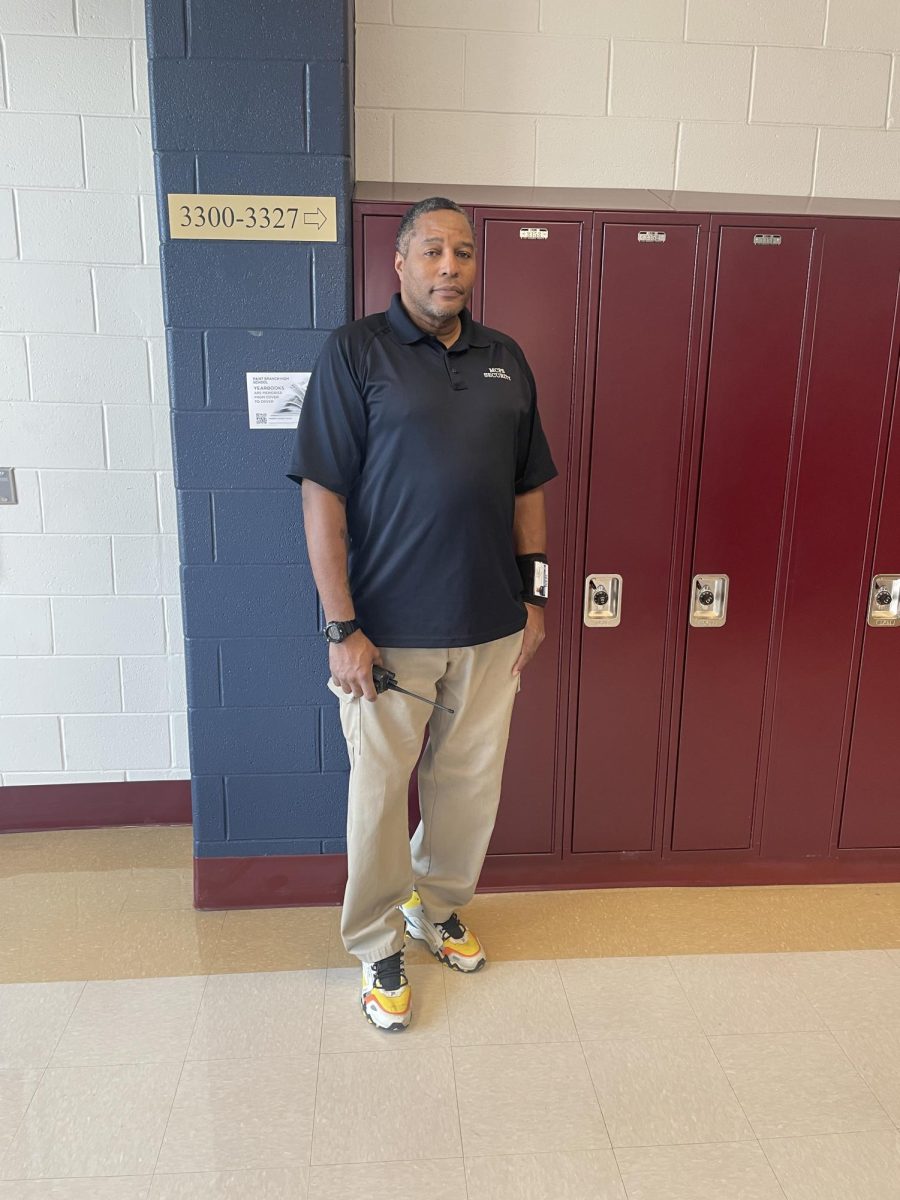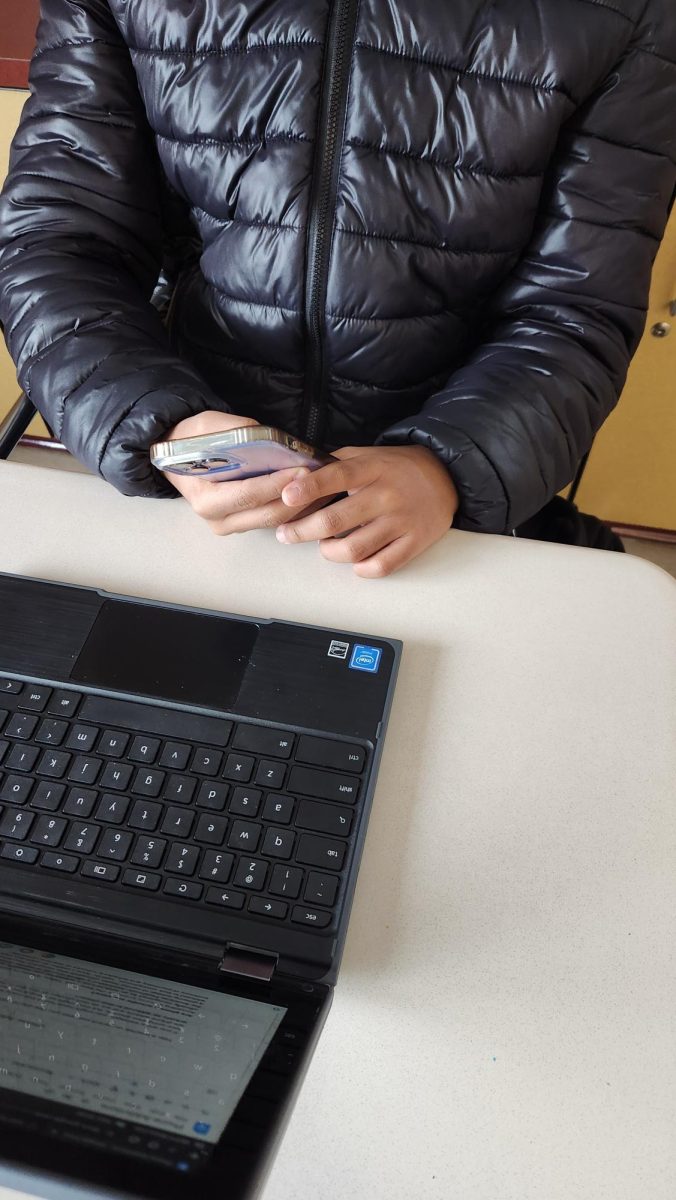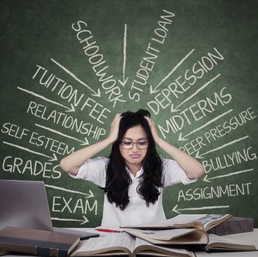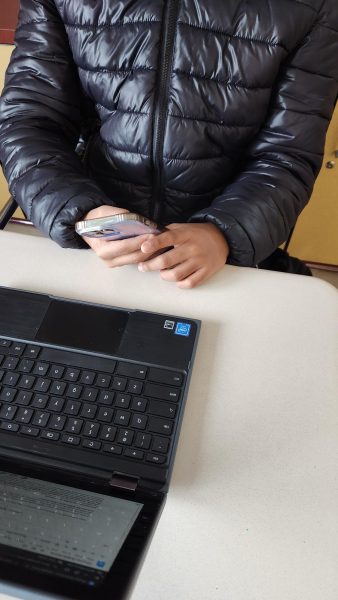How to End the Stigma Surrounding Mental Health: Education
October 28, 2019
“Just be happy.”
Those three words have never been more painful than they were when I confessed the depression I was feeling to a friend. In fact, at that moment, it made everything one hundred times worse.
Mental health has always been an uncomfortable issue, but it’s never been a more urgent and needed discussion than here and now. Over the past twenty years, the number of diagnosed mental illnesses among children has soared, and the suicide rate has steadily risen. What has not increased is the number of solutions and open discussions.
The mental health related statistics are alarming. According to the Johns Hopkins Health Review, the number of teens and young adults who suffer from clinical depression and anxiety has jumped 37% within the past decade. The National Institute of Mental Health reports that suicide is the tenth leading cause of death in the United States, and the American Psychological Association found that the number of suicides increased by 50% among girls and by 21% among boys and men between 2000 and 2016. The CDC published a study that revealed that there were more than twice the amount of suicides than there were homicides in the U.S. in 2017.
But there is hope. There are plenty of people who can and want to help, but many issues complicate the process. Help can be costly and not enough people know how to access it. Some are afraid to get it. Many believe that having a mental illness such as depression and anxiety is something to be ashamed of and kept secret, but contrary to popular opinion, it’s not. If we want to make progress towards ending this stigma surrounding mental health, change needs to start in our education system.
Through a school program or class, students would be able to learn the signs to recognize mental illness in themselves and others, how to interact with those who are struggling with their mental health, and how to get help if they need it. Mental health education could save lives and demonstrate that getting help is not equivalent to showing weakness. On the contrary, getting help demonstrates that someone is strong enough to ask for it. Too often we hide behind masks of smiles and small talk, and that only hurts us in the end.
In July of 2018, New York and Virginia became the first states to require middle and high schools to teach mental health in their health classes, followed by Florida the following year. Over the summer, Utah and Oregon created laws allowing students to have “mental health days” which allow them to take excused days off of school for mental health reasons. Although schools argue that students may take advantage of these excused days, high school senior Derek Evans argues in an article in the Washington Post that these days will ultimately save the lives of many students.
We need Maryland to join New York, Virginia, and Florida and teach its students more about mental health because mental illness is not a switch for someone to simply turn off so that they can “just be happy.” Mental health is a serious issue, and if we do not increase awareness for the issue, we will continue to lose more students to possibly preventable suicides at an increased rate.
But in order to create that change, change needs to start with us. We need to acknowledge that mental illness is not something to be ashamed of, and then we need to exemplify that in showing our support for others whether that’s letting a friend know you’re always there if they need you or courageously sharing your own experiences with others.
If you ever find yourself in need of immediate help, please call the National Suicide Prevention Lifeline at 1-800-273-TALK (8255).











































